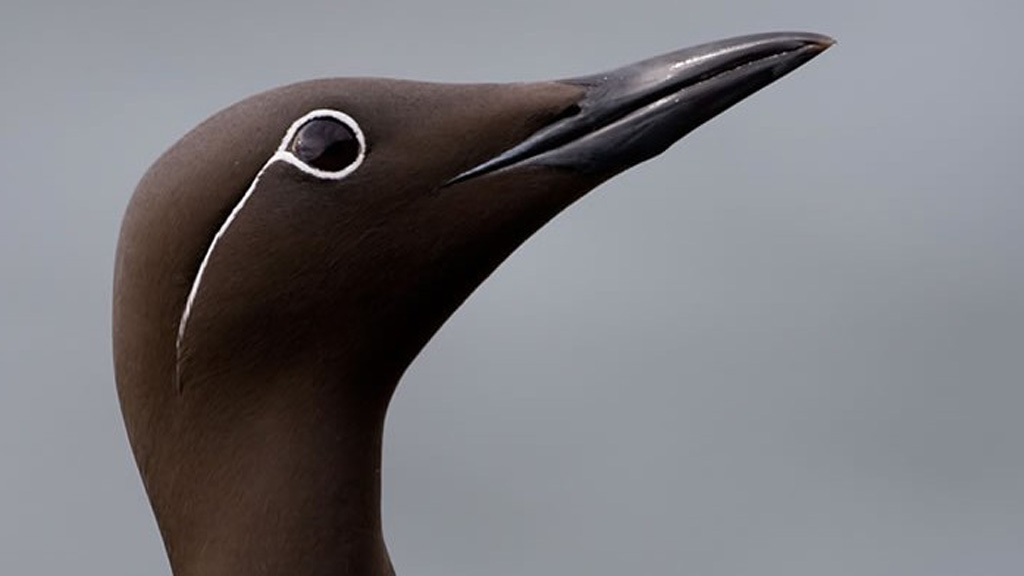Hundreds of birds found covered in sticky substance
Hundreds of seabirds continue to be washed up along the south coast of England, covered in an unidentified sticky, waxy substance. The source of the pollution remains unknown.

The birds are mostly guillemots, and have been discovered on beaches from Hampshire to Cornwall. Many have been found distressed but alive, however the RSPB this morning received reports that 20 dead birds were washed up on Chesil beach in Dorset.
The Environment Agency has couriered a sample of the substance to its forensic lab in Nottingham to analyse and establish exactly what it is.
On Wednesday evening Stan Woznicki, the head of counter pollution at the maritime and coastguard agency, said in a statement that it had been established that the pollutant was a “refined mineral-based oil mixture, but not from an animal or vegetable origin. This definitely rules out palm oil.”
Source unknown
Counter pollution surveillance aircraft have surveyed the sea between Dover and the Isles of Scilly, but no pollution has been detected.
Many of the birds have been found in clusters. Yesterday 100 birds were found on Chesil Beach, 60 at Brixham, 12 at Teignmouth, and many individuals have been reported from Sussex to Cornwall. There have also been many reports of distressed birds at sea.
The RSPCA has treated more than 100 birds at its centre, some of which have died. In some cases, margarine is being used to remove the sticky substance from the birds.
Here’s one of the guillemots at South Devon Seabird Trust just now. Bless him/her! yfrog.com/eswppfdmj
— RSPBSouthWest (@RSPBSouthWest) February 1, 2013
Some birds have reportedly been rescued with pebbles stuck to them or their wings stuck down. Some rescued guillemots are in breeding plumage, which suggests they are resident birds to the south west. Others are in winter plumage, meaning they are from further north, probably Scotland and Norway.
Threats to birds
Alec Taylor, the RSPB’s Marine Policy Officer, said: “This incident starkly illustrates the threats that our seabirds face and the need for a robust and well connected network of Marine Protected Areas around our coasts and seas. If we are able to protect our seabirds and other marine wildlife in a more strategic and joined up way then they will be better able as a whole to deal with and bounce back from single incidents like this.”
Anyone finding an affected bird should not try to catch them, but contact the RSPB on 0300 1234 999.